Menu
Menu

Whether Pumi or Kuvasz, Wirehaired Vizsla or Mudi, all Hungarian dog breeds make excellent companions or working dogs. Meet the nine unique Hungarian breeds as we mark International Dog Day!
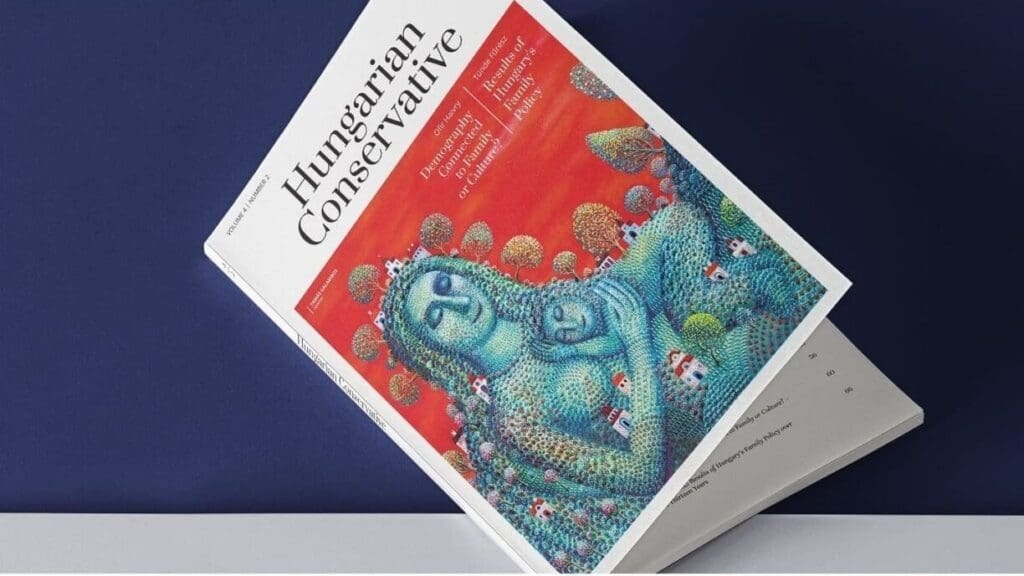
The latest print issue of Hungarian Conservative features a full section dedicated to the demographic crisis and family policies which aim to solve it; as well as a posthumously published article by the late great Dr David Martin Jones, and an exclusive interview with Lord David Frost, the Chief Negotiator for Exiting the European Union in the United Kingdom. Pick up your copy now!
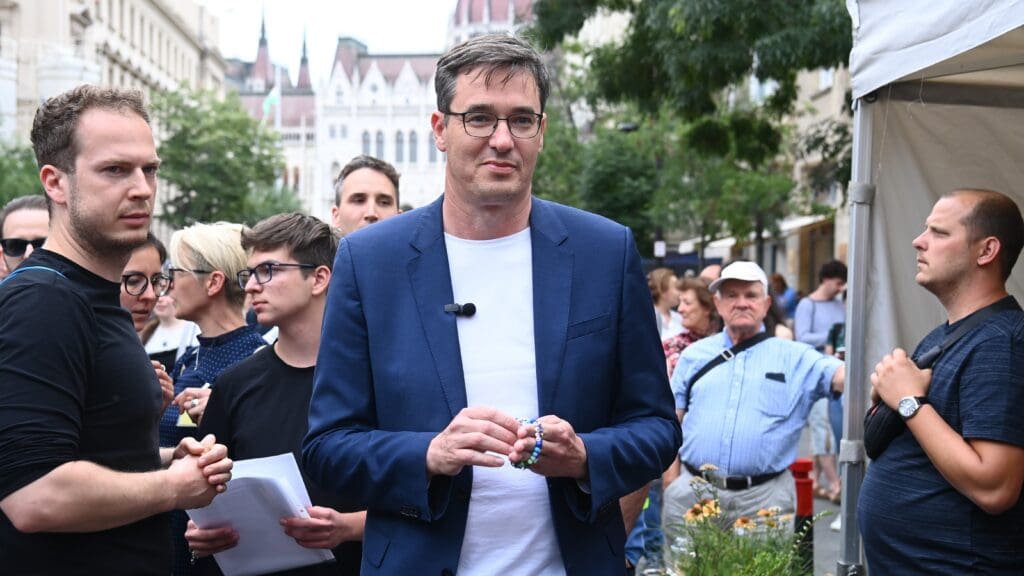
The recount, which was conducted publicly, and began this morning in the aula of the NVB headquarters, was concluded in the afternoon, but the members of the National Election Commission deliberated for hours afterwards, before finally announcing the result at around 8 p.m. It turned out there were indeed hundreds of ballots invalidated erroneously which should have been considered valid, as Vitézy and his team suspected. The recount established that ultimately Gergely Karácsony received just 41 more votes than Dávid Vitézy.
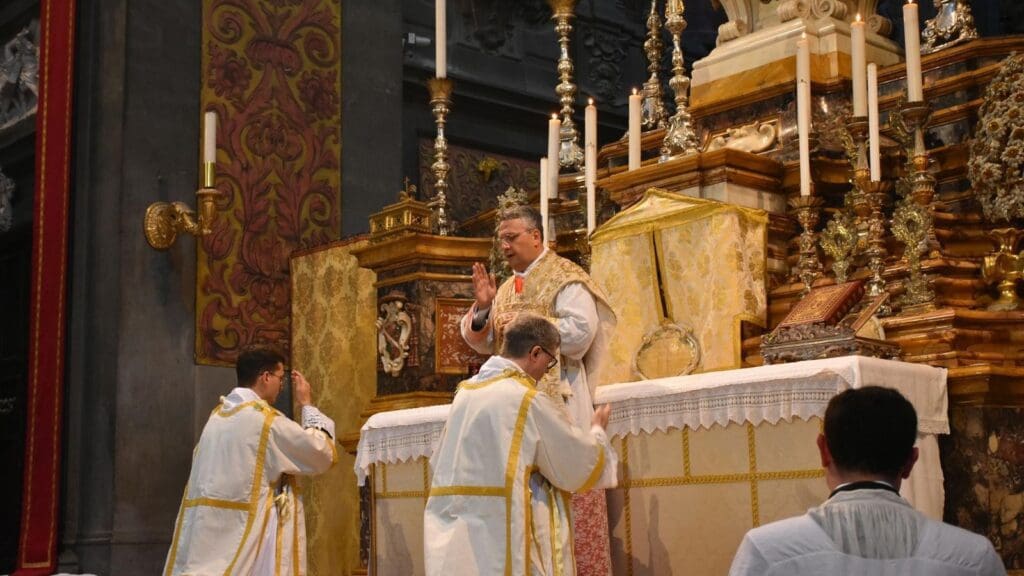
The editorial board of Hungarian Conservative heartily congratulates Father Mario Alexis Portella, one of our staunchest and most prolific contributors, on the occasion of the 25th anniversary of his ordination.
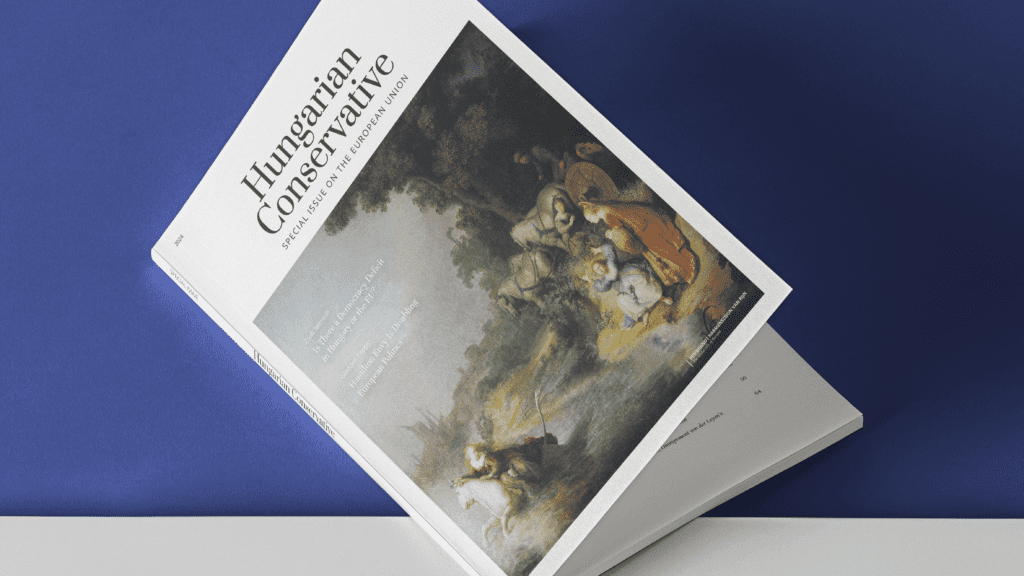
The European Parliamentary election is taking place next month, and our print magazine has just released a special issue all about the major political event. Among other excellent pieces we have Fidesz co-founder, MP Zsolt Németh writing about Brussels and Budapest accusing each other of failing to live up to the Union’s democratic values; as well as President of the Hungarian Institute of International Affairs Gladden Pappin looking the parallels between the foundation of the United States of America and the attempted foundation of a ‘United States of Europe’. You can pick up the latest edition of Hungarian Conservative magazine at your local bookstore or newspaper stand, or you can subscribe to our quarterly magazine on our website to make sure you never miss an issue.
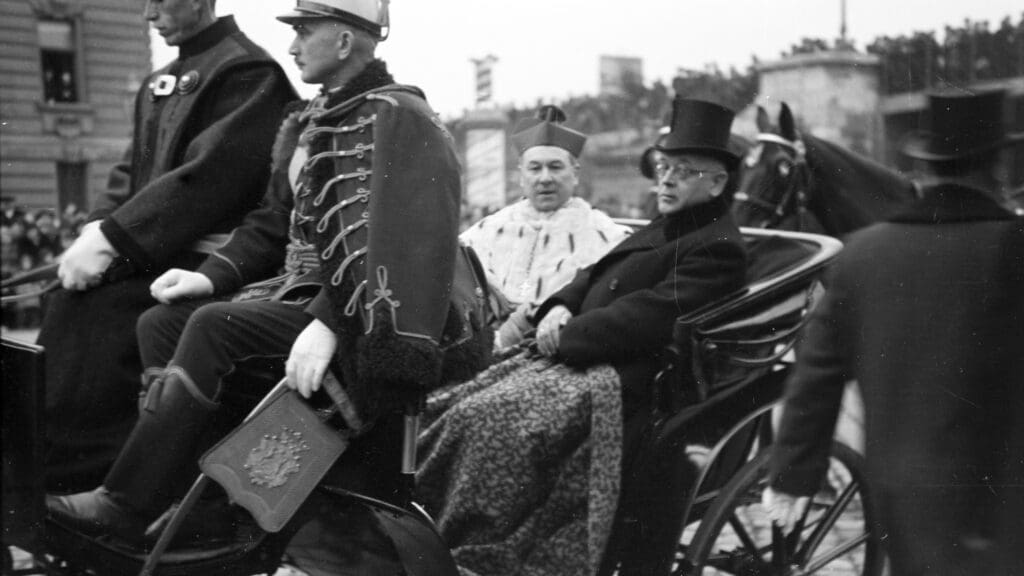
Vilmos Apor is known as the Bishop of the Poor, and as the martyred prelate who was fatally wounded defending the girls and women under his protection from Soviet soldiers on the Good Friday of 1945.
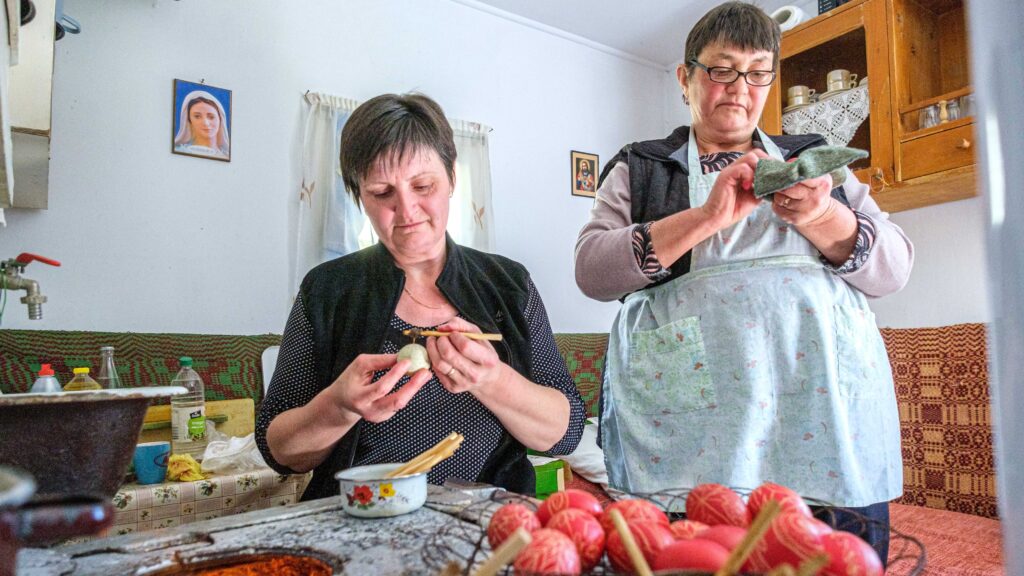
In rural communities it was believed that those who bathe before sunrise on Good Friday will catch no disease. This ablution was considered not only beneficial against illnesses, but also a beautifier. After washing, the Szeged girls who went to the Tisza combed their hair under the willows so that their hair would grow just as long as the willow branches or the length of the Tisza.
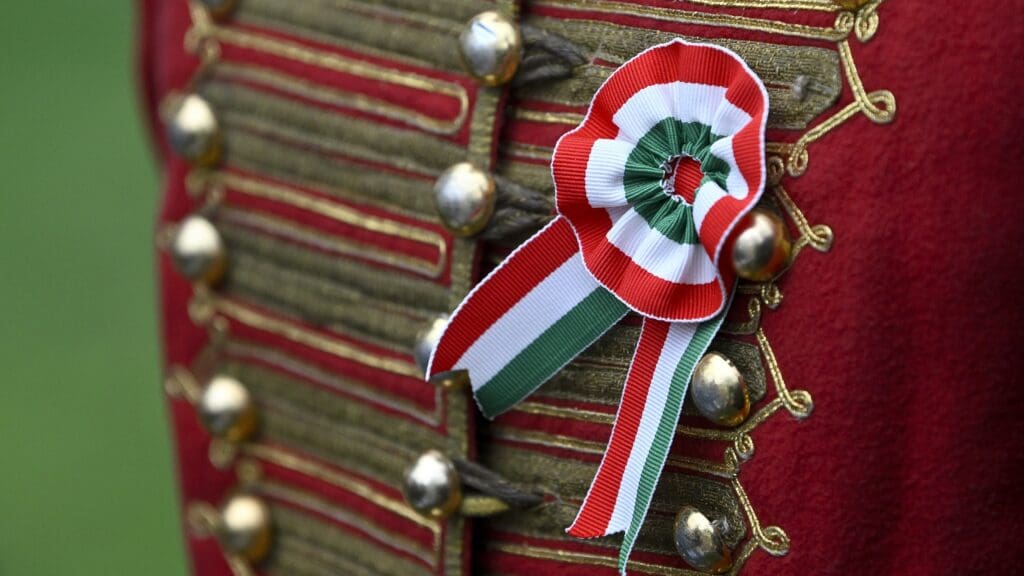
This year we commemorate the 176th anniversary of that glorious, rainy day when the revolutionary youth of Pest, joined by many of the good people of Pest and Buda, took to the streets to demand liberty and national sovereignty.
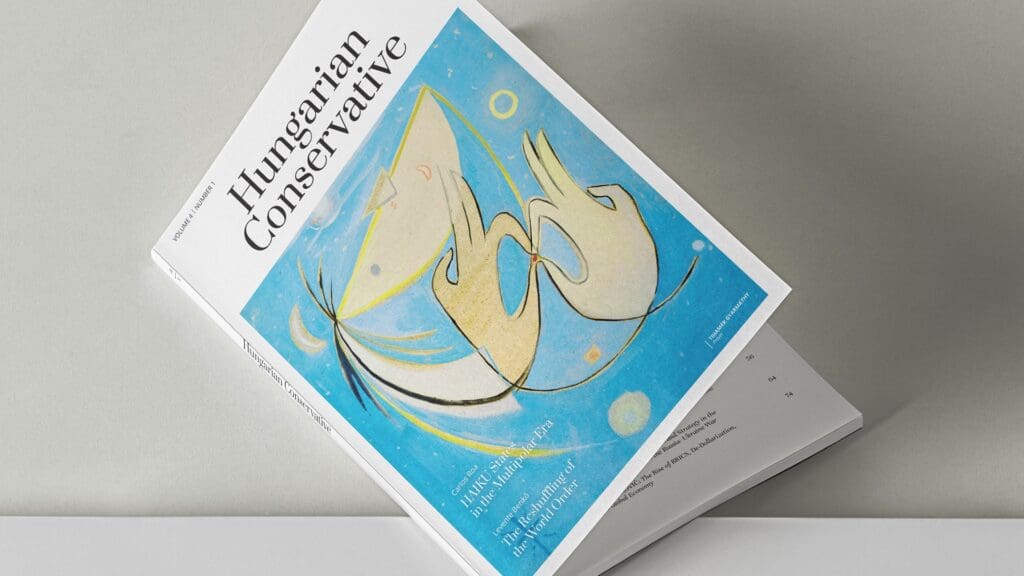
In our new print issue, among other eminent authors and fascinating topics, Carlos Roa covers the BRICS nations’ efforts to dethrone the US dollar as the number one global reserve currency; Levente Benkő writes about Hungary’s place in a changing world order between the East and the West; and Eric Hendric contributes a piece about Geert Wilders’ right-wing populist PVV party winning the recent parliamentary election in the Netherlands.
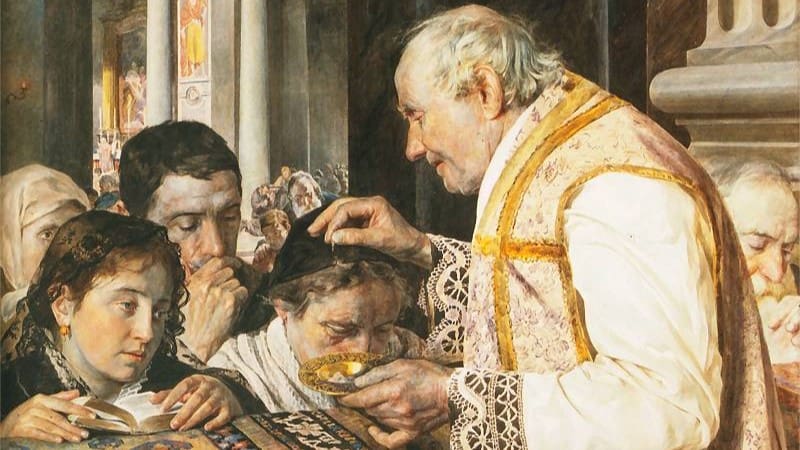
On this day that millions of Christians observe worldwide, we share St John Paul II’s thoughts on the significance of Ash Wednesday.

The brand new edition of our magazine features a piece by Miklós Szánthó, director general of the Center for Fundamental Rights, who wrote about the subversive nature and history of the new Woke ideology; as well as a statistical analysis of the difference in the ways democracies and autocracies wage war by political scientist and military historian Bruce Oliver Newsome, and two Christmas-themed articles as well, as per the holiday season. You can pick up the latest edition of Hungarian Conservative magazine at your local bookstore or newspaper stand; or, subscribe to our quarterly magazine on our website to make sure you never miss an issue.

Advent is one of the most important periods in the Christian world: it heralds the beginning of the Christmas season. According to the Gregorian calendar, it starts on the fourth Sunday before 25 December. But where does the tradition of the Advent wreath come from, and what is the symbolism that it conveys?
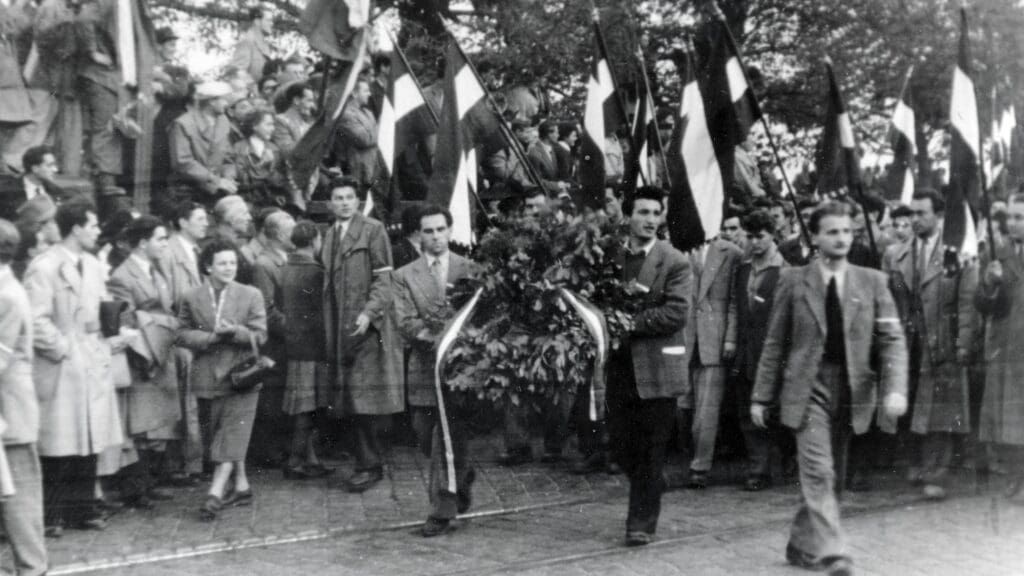
On the 67th anniversary of the 1956 Revolution, we are launching a new section dedicated to the Hungarian diaspora. The first articles of the new section tell the stories of 1956er Hungarian Americans. We wish our Readers a sombre remembrance and a stimulating reading.
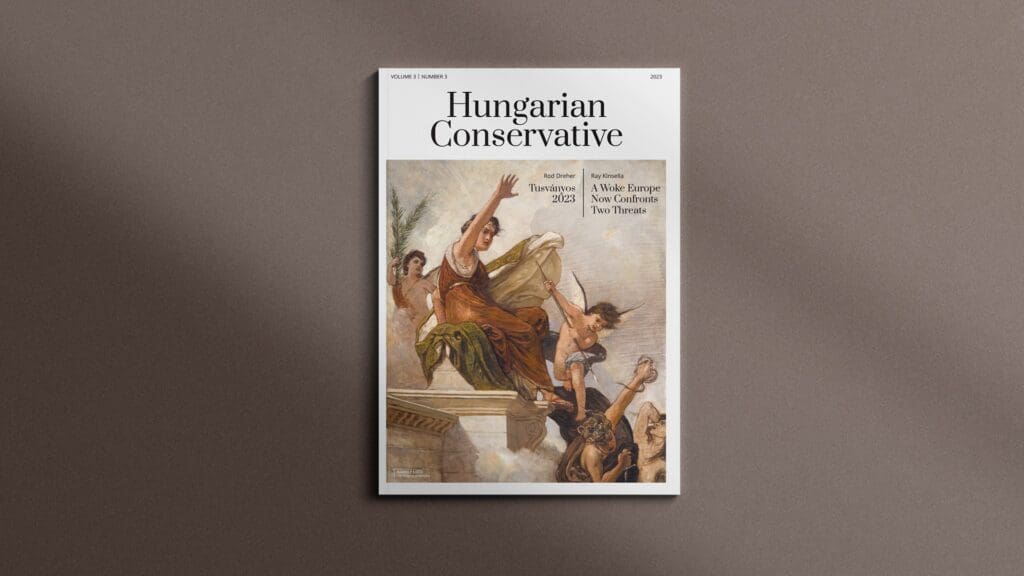
The brand new edition of our magazine features articles by famous American columnist Rod Dreher, advisor to the European Parliament and Ludovika University of Public Service researcher Lénárd Sándor, and Michael Smurfit Graduate School of Business professor Ray Kinsella; as well as an interview with French historian of philosophy Professor Rémi Brague. You can pick up the latest edition of Hungarian Conservative magazine at your local bookstore or newspaper stand; or, you can subscribe to our quarterly magazine on our website to make sure you never miss an issue.
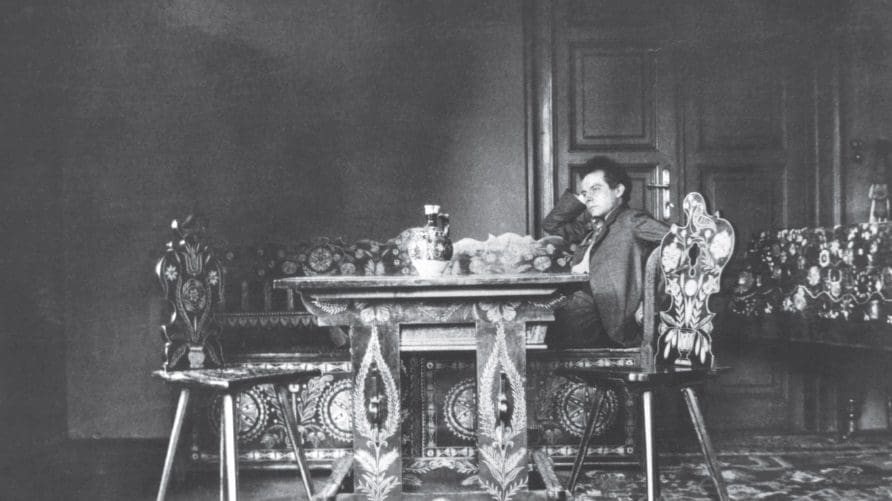
Béla Bartók, one of the greatest musical geniuses of the 20th century, and his friend, another world-renowned giant of Hungarian music, Zoltán Kodály undertook together their major endeavour of national significance—collecting and publishing the full corpus of Hungarian folk songs.
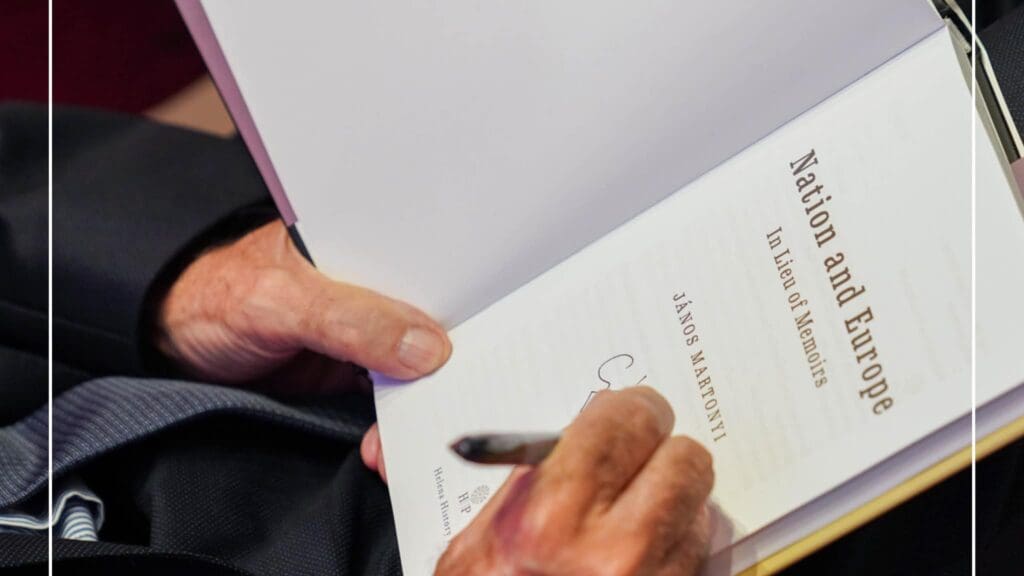
Simplistic labels like ‘liberal’ or ‘conservative’ for a rules-based, nations-centric approach are to be rejected—one can learn from former foreign minister of Hungary János Martini’s new English language book Nation and Europe: In Lieu of Memoirs which was presented to the audience on 18 September at Danube Institute.
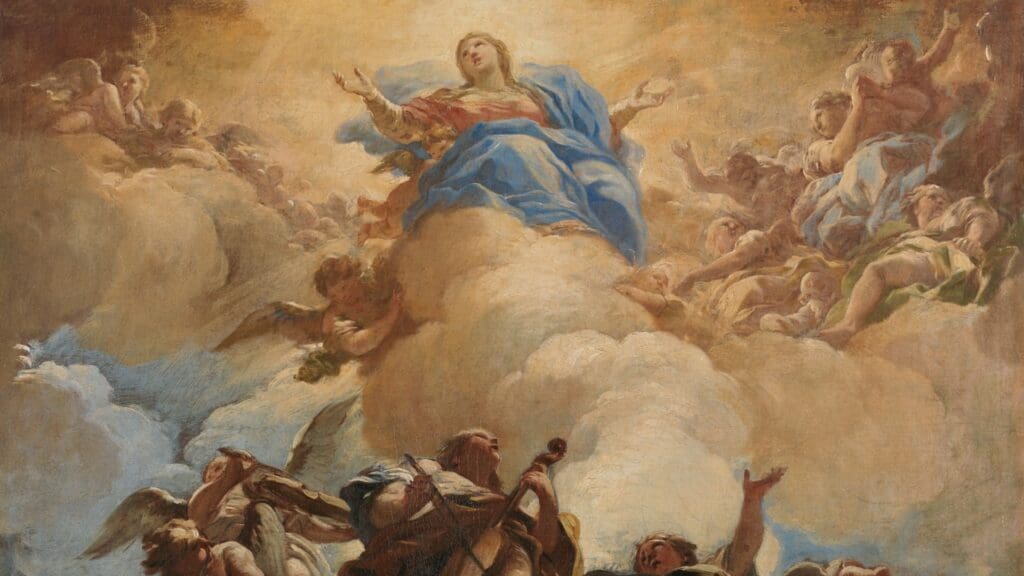
Throughout Hungarian history, the country was often referred to as Mary’s realm, the Regnum Marianum. On the occasion of the Hungary’s Millennium celebrations in 1896, Pope Leo XIII sent an encyclical letter to the Hungarian nation, granting permission for Hungarian Catholics to celebrate the feast of the patroness Boldogasszony.

The PM’s press chief, Bertalan Havasi told MTI that in a letter sent on Saturday, Viktor Orbán expressed his gratitude to Romanian Prime Minister Marcel Ciolacu for having received him in Bucharest earlier this week, and for having ‘ensured the safety and security of the Tusnádfürdő Free University and making it possible for me to deliver my remarks today in undisturbed and peaceful circumstances.’
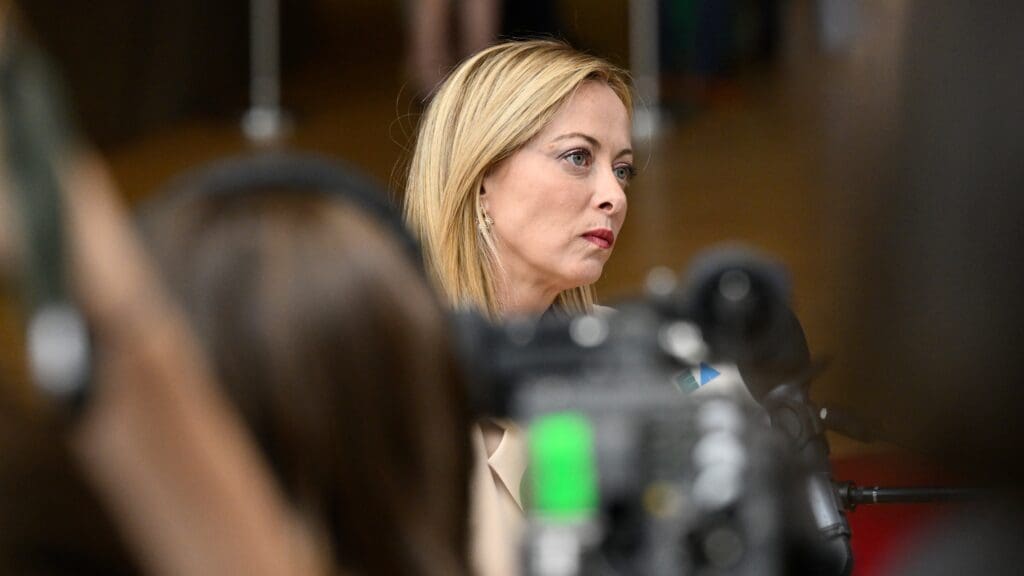
‘I am not disappointed by the attitude of Poland and Hungary, I am never disappointed by those who defend their national interests,’ the Italian premier declared following the meeting of the European Council, adding that ‘there is an excellent relationship with Poland and Hungary’.
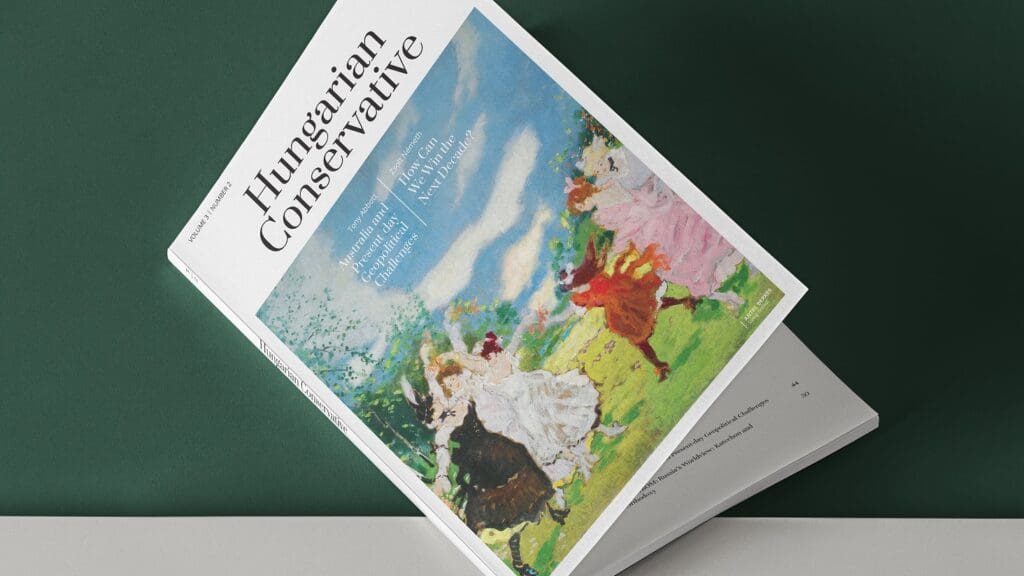
The brand new edition of our magazine features articles by Hungarian MP and Fidesz party founder Zsolt Németh, former Australian Prime Minister Tony Abbott, and Uppsala University professor Maria Engström; as well as an interview with N.S. Lyon, a Washington DC-based political analyst and author writing under a pseudonym. You can pick up the latest edition of Hungarian Conservative magazine at your local bookstore or newspaper stand; or, you can subscribe to our quarterly magazine on our website to make sure you never miss an issue.
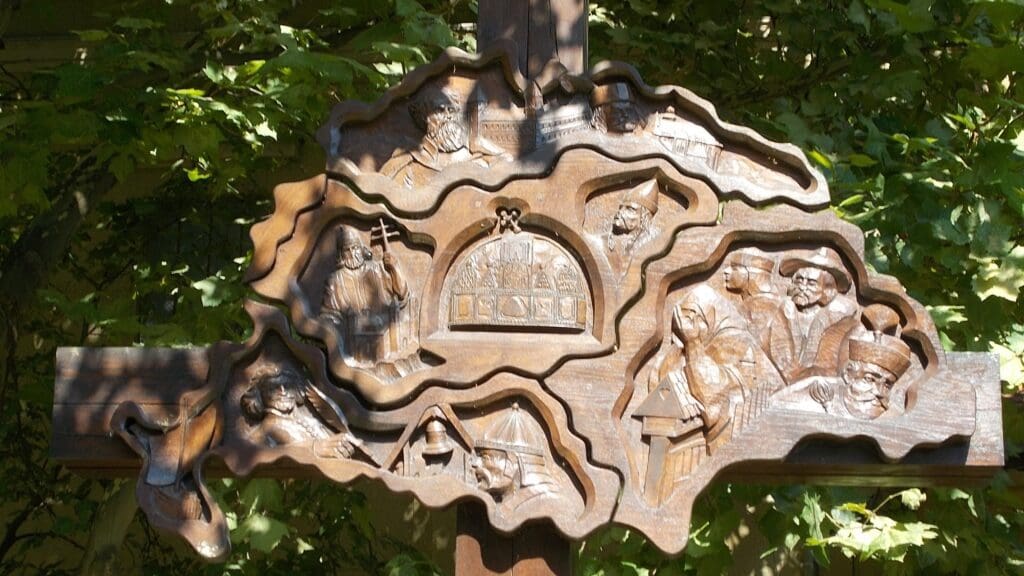
The following are poems by cross-border Hungarian poets translated into English that originally appeared in a 2019 anthology published by Hungarian Review.

The idea of the holiday was brought to Hungary by a Mrs Pál Petri, who was the wife of a state secretary, who had seen it celebrated in the United States. The first Mother’s Day celebration in Hungary was held on 8 March 1925 in Budapest, for the children of workers at the MÁV machine factory. The leaders of the Red Cross Youth Hungary embraced the idea and lobbied for the introduction of Mother’s Day as a nationwide celebration. Finally, in 1928, a ministerial decree included Mother’s Day among the official school observances.

In his homily at the holy mass in Kossuth Square on 30 April, Pope Francis reflected on the image of the Good Shepherd, who knows His sheep and calls them by name, and then sends them forth to be witnesses of the Gospel.
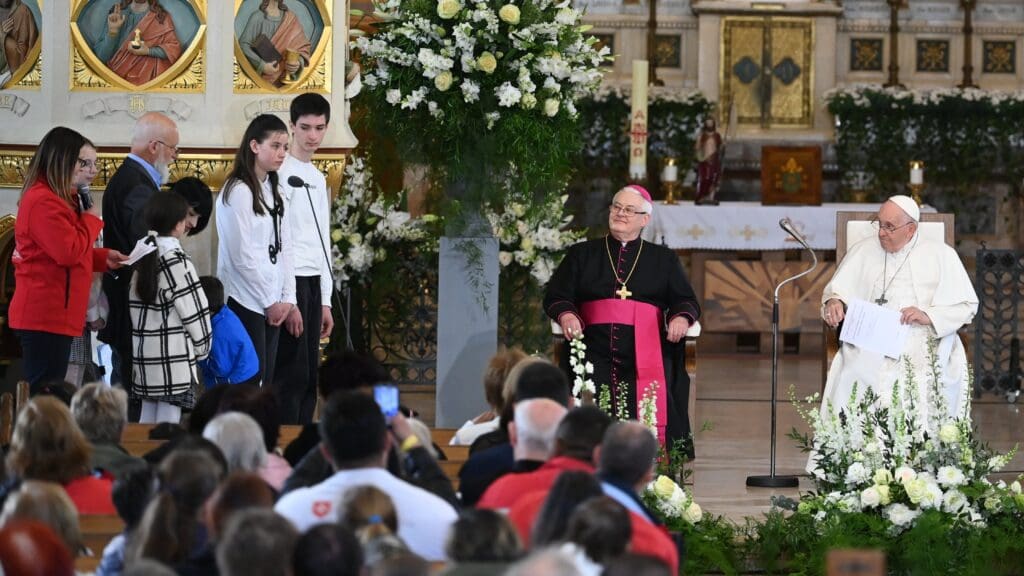
Pope Francis thanked the Catholic church in Hungary for its charitable work. ‘You have built up a network that links pastoral workers, volunteers, parish and diocesan Caritas organizations, while also engaging prayer groups, communities of believers, and organisations belonging to other confessions, yet united in the ecumenical fellowship that is born of charity,’ he noted. ‘Thank you too, for having welcomed—not only with generosity but also with enthusiasm—so many refugees from Ukraine.’
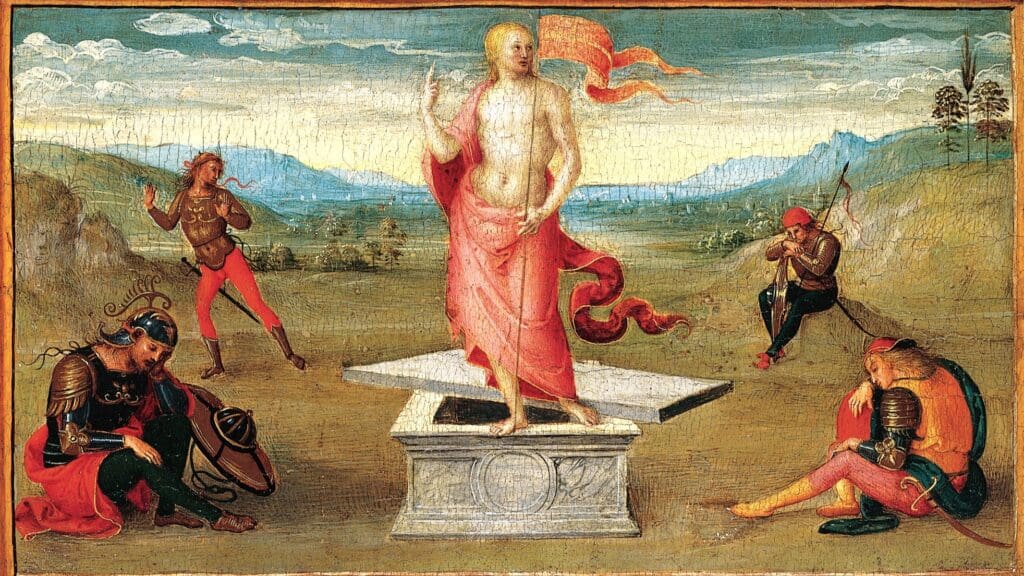
‘For I was the Doubting, the unbeliever:
I believed you were no more, no more than a figment,
and dipping my faithless fingers into your wound,
I know what the resurrection of the body means,
and I cannot speak, I only stammer:
I am Hungarian.’
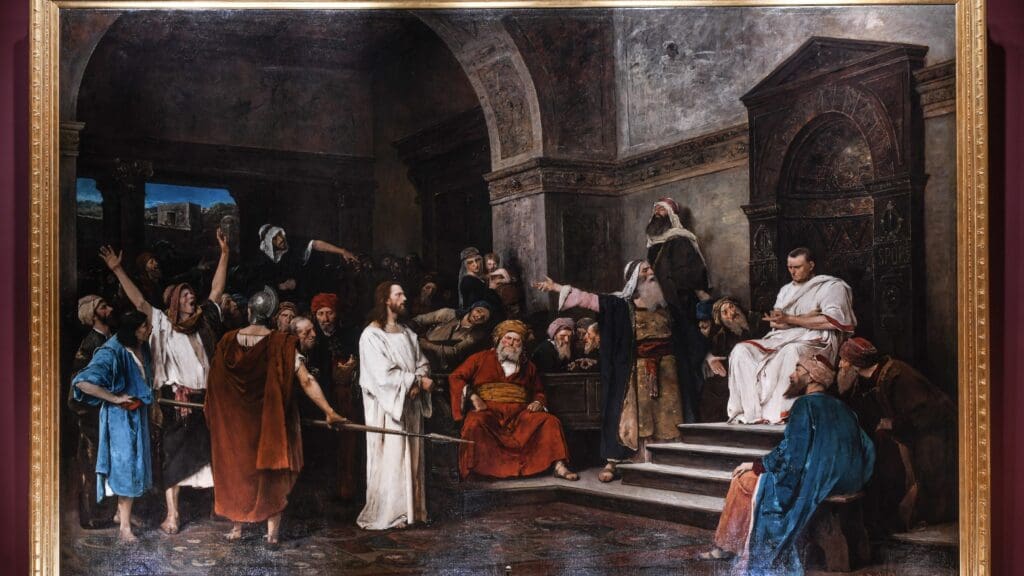
Even though The Innocence of Pontius Pilate by David Lloyd Dusenbury offers no mystic resolution of Pilate’s drama, the philosophical conclusions it draws from the trial of Jesus are indeed far-reaching.
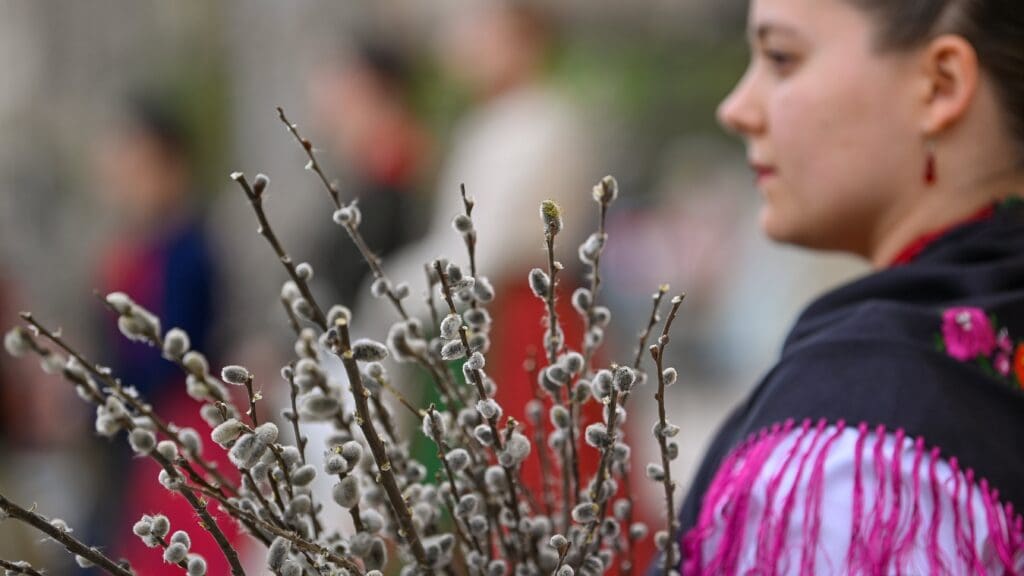
A most typically Holy Week prayer, known as The Golden Lord’s Prayer, is one of the most beloved meditative prayers of the religious Catholic women of Hungary. In it, Jesus tells his mother, Mary what awaits him on the days of the Holy Week. As far as we know, the origin of the prayer is unclear, but it appears to have been already known by Hungary’s ethnic Germans as early as in the 15th century.
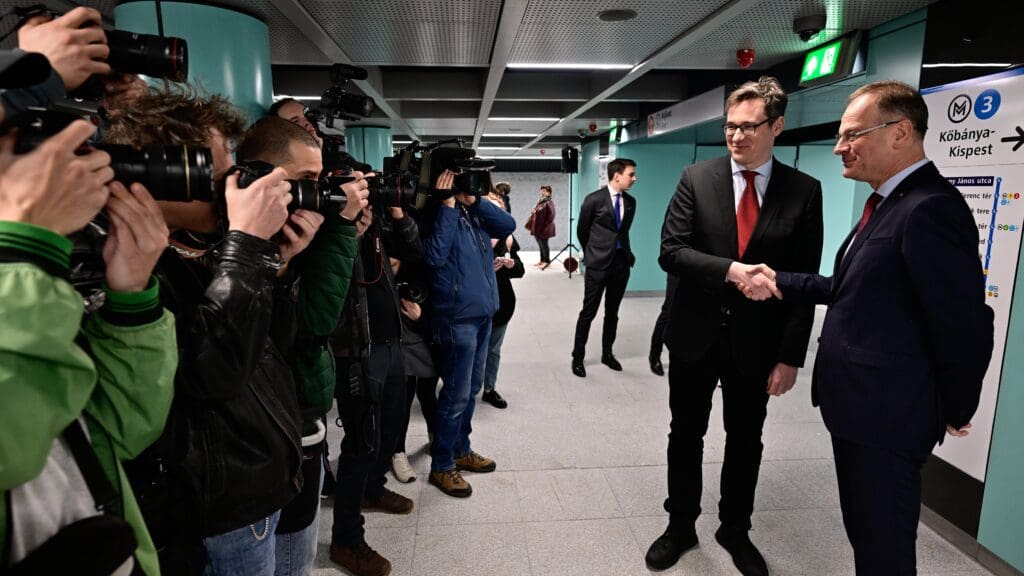
Minister Navracsics reminded that the metro reconstruction was carried out in cooperation between the Hungarian government, the Municipality of Budapest and the European Union. Approximately two-thirds of the cost of the renovation was covered from EU funding and one-third has been financed from domestic sources, the minister added.

In a Facebook post on Friday afternoon, Fidesz’s parliamentary group leader Máté Kocsis said his party is backing Finland’s accession and that the vote in parliament to ratify it would be held on 27 March.

What is also crucial to the strategy proposed by Balázs Orbán is the preservation of interconnectivity within the West. Strengthening the cornerstones of Western civilisation, rooted in Judeo-Christian values, is paramount, the political director underscores in his piece, adding that sovereignty, religion, and family must be defended from destructive attempts to ‘undermine our shared values and identity.’

Hungarian Conservative is a quarterly magazine on contemporary political, philosophical and cultural issues from a conservative perspective.